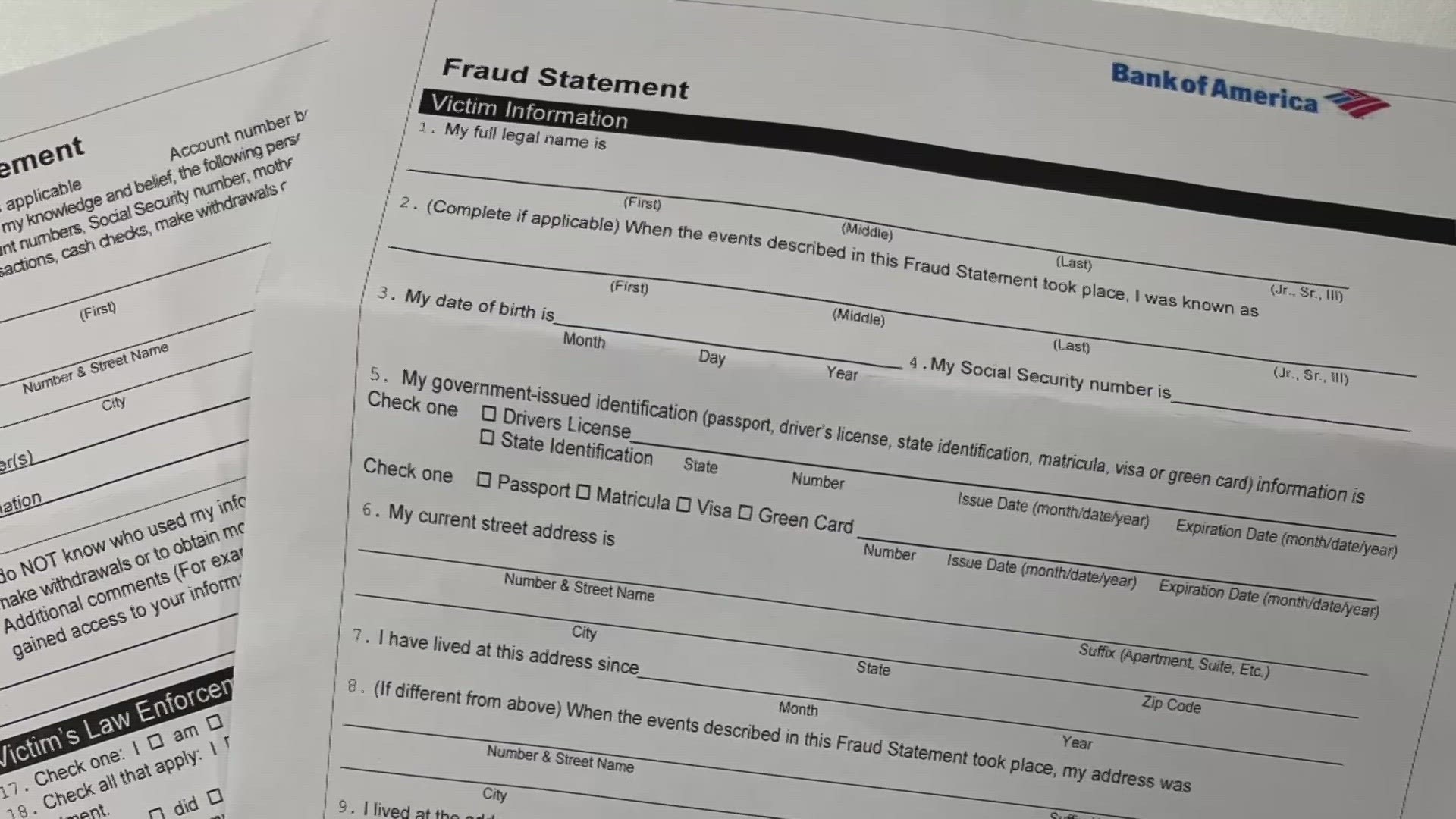FALMOUTH, Maine — Most of us have probably received a scam call, text, or email at some point in our lives. However, scammers are targeting older Mainers using a more traditional method: the mail.
According to the Consumer Financial Protection Bureau, seniors fall victim to financial exploitation, resulting in a staggering loss of over $37 billion each year.
Will Cheever, a concerned citizen, recently found himself entangled in this growing problem. Cheever became a victim not once but twice when he received two suspicious letters in the mail on the same day.
Both claimed to be from Bank of America, a reputable financial institution. Alarmed, Cheever decided to investigate further.
He contacted the Bank of America, only to discover they had no knowledge of such correspondence.
Determined to protect his loved ones, he also visited a local branch, armed with another copy of the letter. The bank representatives confirmed his suspicions: It was indeed a scam.
Cheever voiced his concern, highlighting the distinct nature of mail scams compared to their digital counterparts.
"It's different than a text or an email; this is a whole different ball game. It seems like it appeals to the elderly when it comes in an envelope, making them more inclined to respond," he said.
The Falmouth Police Department reported a significant increase in scams targeting seniors.
"It's huge. Scams are the number one crime against our seniors. Maine being the oldest state in the nation makes us a prime target," Chief of Police John F. Kilbride said.
Cheever had recently taken over his parents' finances due to dementia issues.
Realizing the mail scam could have easily ensnared his vulnerable parents, he expressed his relief.
"For sure, they would have called back and given everything they wanted," he said.
To help others avoid falling victim to similar scams, the Falmouth Police Department provided some valuable advice. They said to watch out for any unexpected contact, make sure to verify account numbers on paperwork, and never to send money upfront, whether through wire transfers or reloadable cards.
Chief Kilbride emphasized the need to involve law enforcement in such cases.
"What people need to do is pump the brakes, call your local law enforcement," he said. "You can never bug law enforcement when it comes to this."

